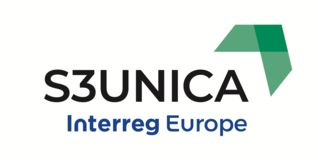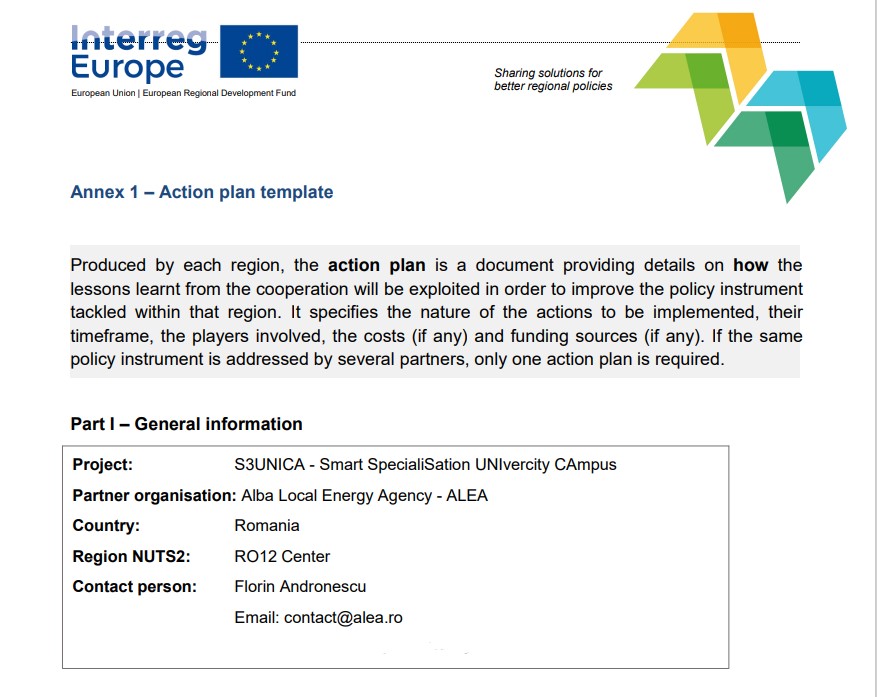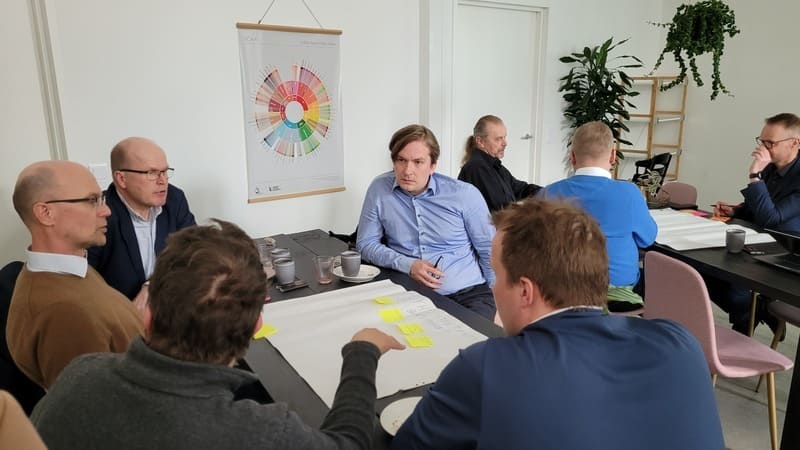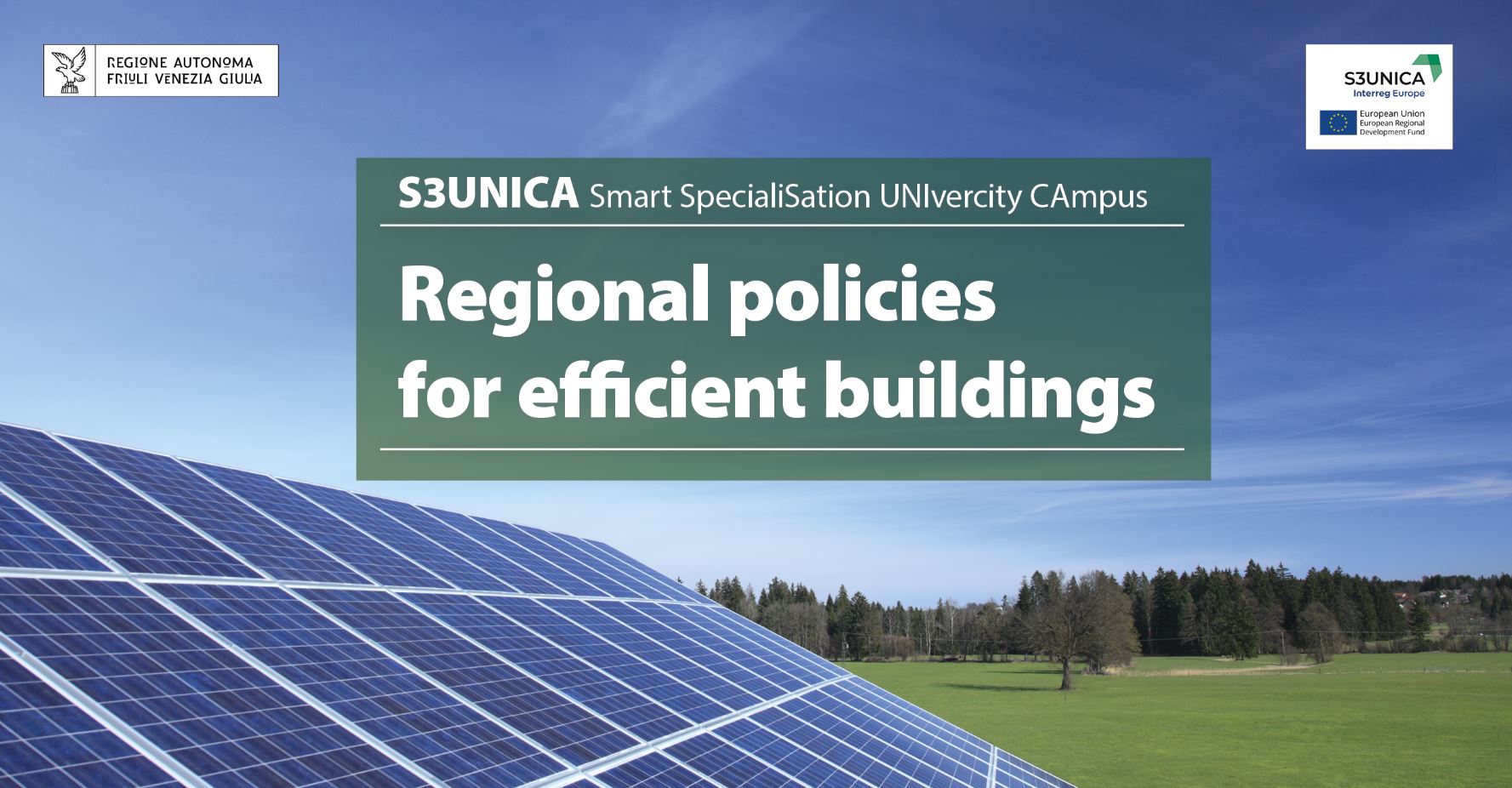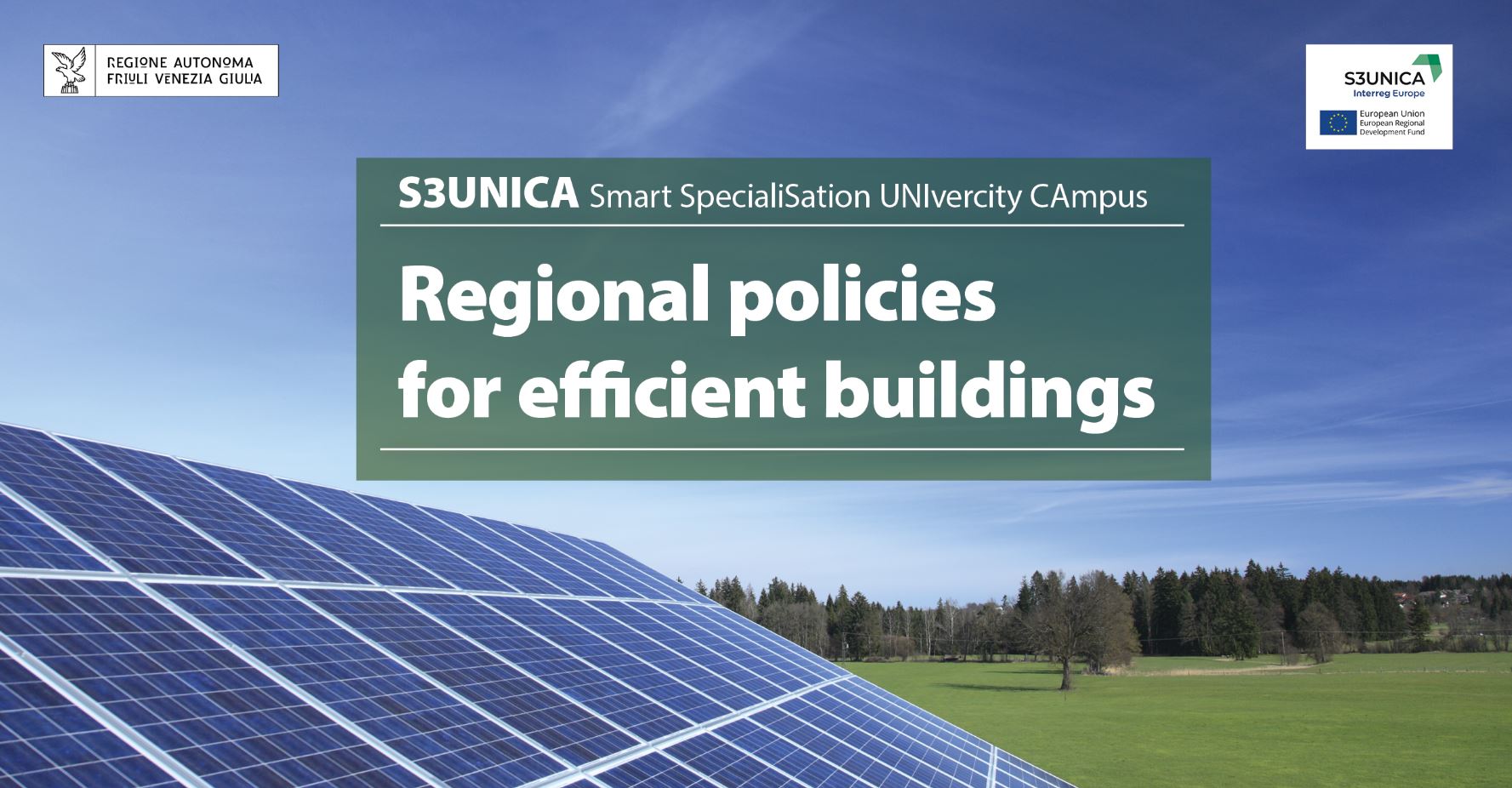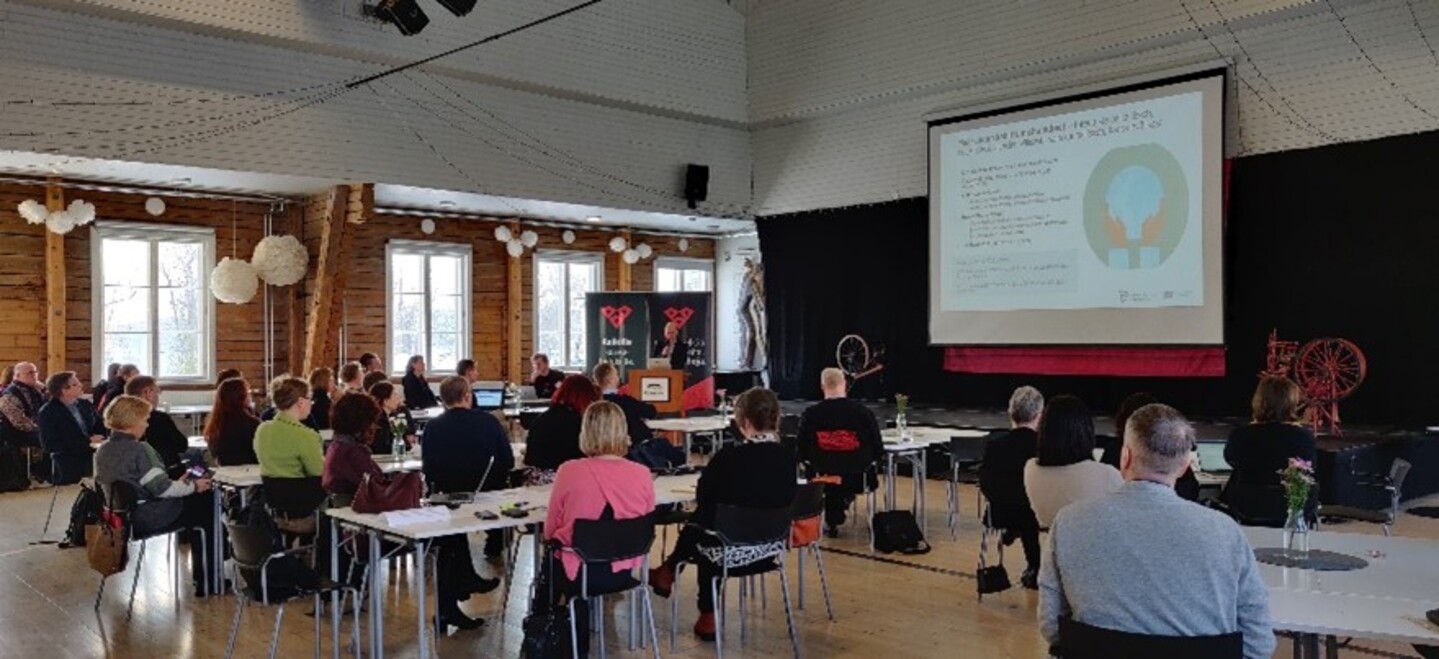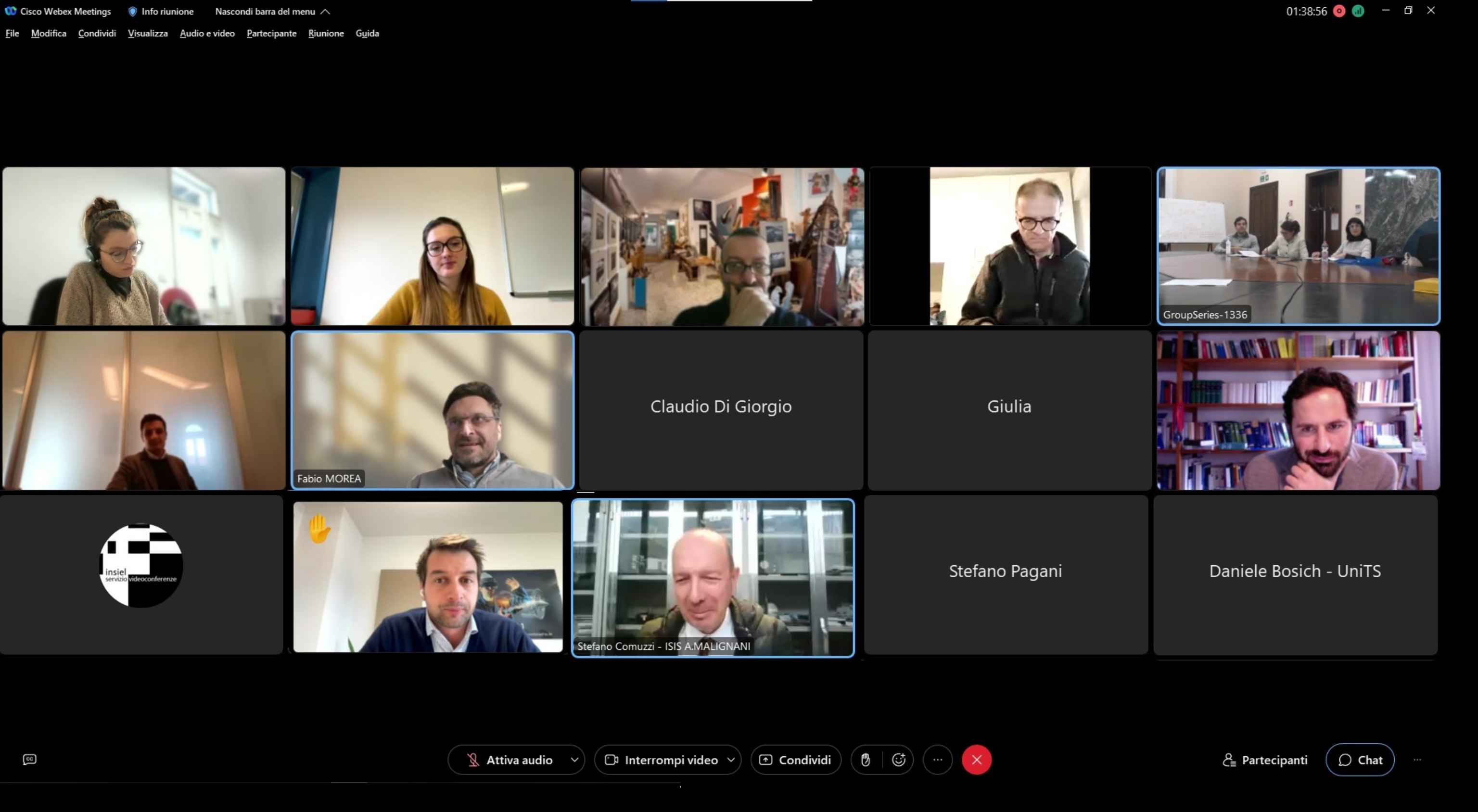8 persons among which 2 policy makers participated to the fourth Regional Stakeholder Meeting organized by Alba Local Energy Agency (ALEA), S3UNICA project partner. The meeting had 2 main goals: the presentation of the policy instrument and the important role playd by stakeholders, who can provide ways to better address energy efficiency in university campus buildings in the future and on the other hand to determine the main stakeholder’s active involvement in the action planning activity scheduled to be finalized in the following periods.
The meeting was opened by ALEA providing information on the results of the project. A main point that was emphasized was the Smart Readiness Indicator (SRI) status with the Romanian universities involvement and how this tool can be used in the framework of the policy instrument when submitted project assessments are conducted. Then, the representative of the Regional Development Agency Centru presented the new strategic planning framework at the level of the Center Region, detailing the strategic areas of the Center Regional Development Plan 2021-2027 and funding possibilities from the priorities of the Center ROP 2021-2027. Representatives of the universities stressed the importance of including university buildings as beneficiaries for these funding sources and the necessity of diversifying funding sources in this area.
Moreover, ALEA presented cases of good practice related to increasing energy efficiency and the use of renewable energy sources (RES), realized in two university campuses: Technical University of Cluj Napoca and the University Valahia of Târgoviște. The first one illustrated the Re-Cognition - Renewable Energy Technologies for Zero Energy Buildings, a H2020 project through which the university benefits from an implemented solution of RES in one of the university campus buildings. On the other hand, the University Valahia of Târgoviște presented the E-Land project (H2020), in the framework of which the University is implementing a pilot project which leads to the integration of the existing building management system and a newly developed Campus level energy management system to Demand Side Management techniques (load optimization based on predicted energy generation intraday/weekly).
Participants appreciated the solutions presented and stated their support for the upcoming action planning process within the S3UNICA project.
